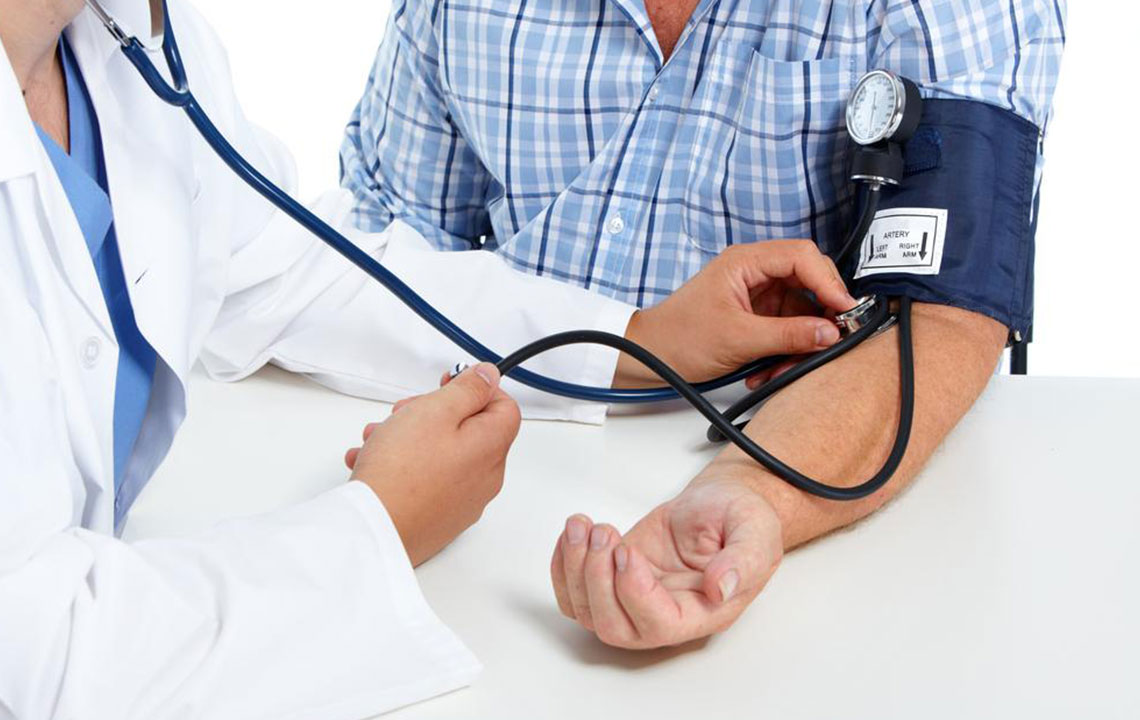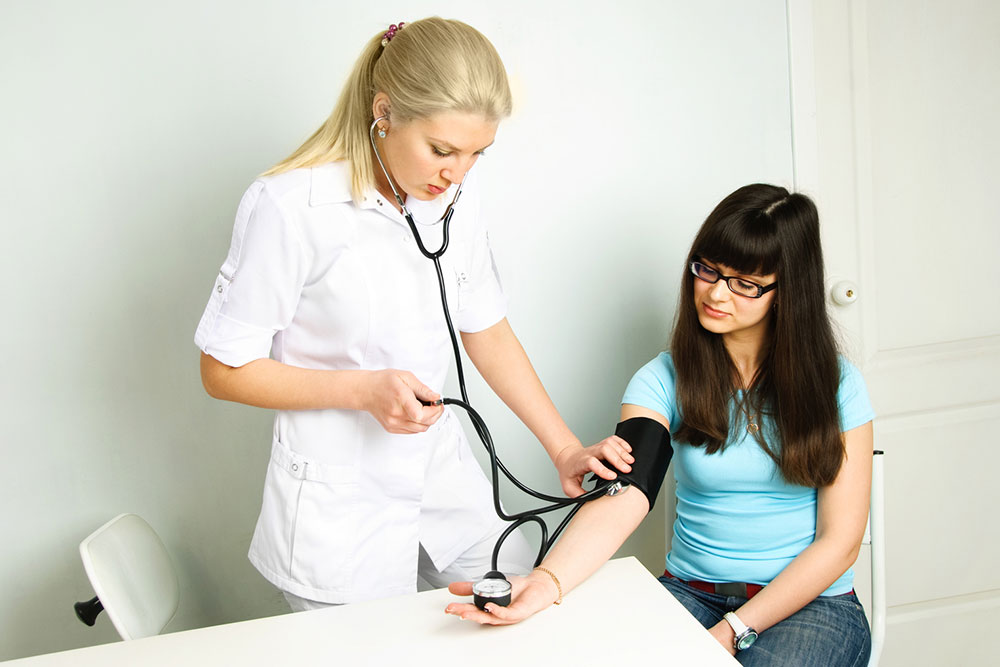Understanding and Managing Hypertension: Key Insights
This article offers a comprehensive overview of hypertension, including symptoms, causes, diagnosis, and management strategies. It emphasizes lifestyle changes and medical options, highlighting natural remedies to control high blood pressure. Regular monitoring and early intervention are crucial for preventing serious health complications associated with hypertension. The piece encourages healthy habits such as diet, exercise, and stress reduction to maintain optimal blood pressure levels and safeguard overall cardiovascular health.

Understanding and Managing Hypertension: Key Insights
Hypertension, commonly known as high blood pressure, occurs when blood exerts excessive force against artery walls. It is a widespread health issue that significantly increases the risk of cardiovascular problems. Untreated high blood pressure can cause heart disease, strokes, and organ damage over time.
Overview of Hypertension
Often called the "silent killer," hypertension develops gradually without noticeable symptoms. As per the American Heart Association, normal blood pressure is below 120/80 mm Hg. Elevated numbers should prompt medical advice for lifestyle adjustments and possible medication.
Patients with existing conditions like diabetes or heart problems should monitor blood pressure regularly. Blood pressure depends on blood volume flow and vessel resistance; narrowing arteries cause higher readings. Typical readings consist of systolic (pressure during heartbeat) and diastolic (pressure when relaxed). The 2017 ACC guidelines define normal as <120/80, elevated as 120-129/80, and hypertensive as 130/80 or above.
Blood pressure fluctuates due to factors like stress, diet, exercise, and smoking. Diagnosis involves multiple readings over time, alongside tests like urine analysis, cholesterol, ECG, and ultrasounds to identify underlying causes and check for organ damage.
Symptoms of Hypertension
High blood pressure often shows no evident symptoms. When present, signs include dizziness, headaches, chest pain, nosebleeds, vision changes, or blood in urine. Persistent high readings pose serious health risks, emphasizing the importance of regular monitoring.
Routine check-ups can help detect hypertension early. If there’s a family history of heart issues, more frequent testing (biannual or quarterly) is recommended to prevent complications.
Causes of Hypertension
Factors influencing hypertension include salt sensitivity, genetics, and arterial health. Excess salt intake raises blood pressure, especially in salt-sensitive individuals. Family history notably increases risk. Artery abnormalities, obesity, and lack of physical activity also contribute.
High blood pressure can be primary (essential), developing over time with unknown direct causes, or secondary, caused by conditions like kidney disease, sleep apnea, thyroid issues, congenital heart defects, medications, or lifestyle choices such as excessive alcohol and high-salt diets.
Management and Treatment
Treatment strategies depend on the hypertension type and underlying causes. Lifestyle changes—such as a balanced diet, regular exercise, weight management, and stress reduction—are the first line of defense. Medications, including diuretics, ACE inhibitors, beta-blockers, and calcium channel blockers, may be prescribed if lifestyle modifications aren’t sufficient.
Medications and lifestyle adjustments are dynamic; regular blood pressure monitoring is crucial to adjust treatments accordingly.
Natural Approaches to Control Blood Pressure
Healthy living plays a vital role in managing hypertension. Adopting dietary modifications like the DASH diet, rich in vegetables, fruits, and low-fat dairy, helps maintain balanced pressures. Consistent physical activity—aiming for 150 minutes weekly—supports heart health, weight control, and stress reduction. Avoiding smoking and limiting alcohol intake further benefits blood pressure management. Reducing sodium intake to a teaspoon per day and cutting back on sugary foods are also recommended dietary precautions.
Adopting these habits can prevent or control high blood pressure naturally, minimizing reliance on medication.










